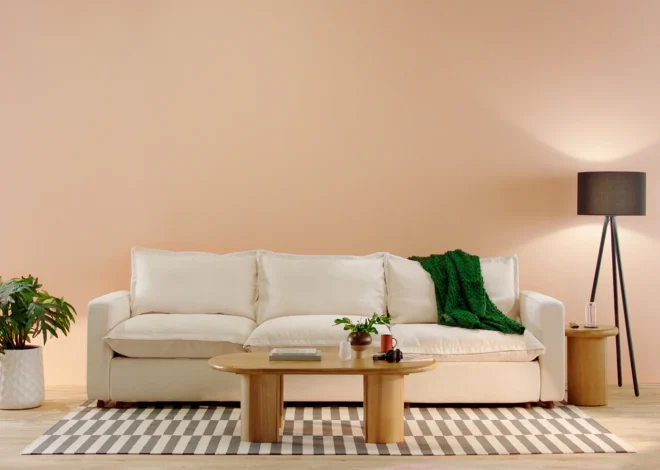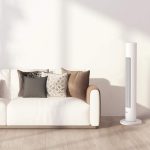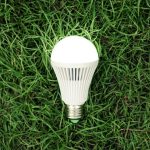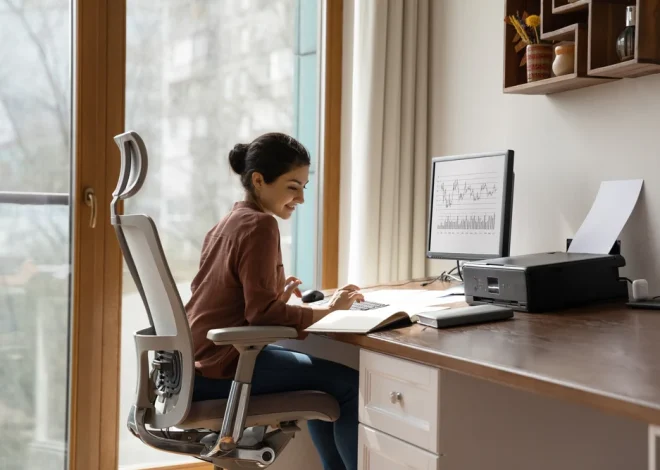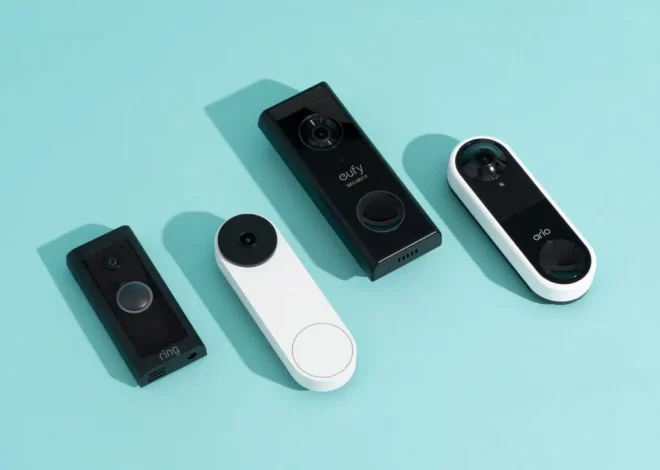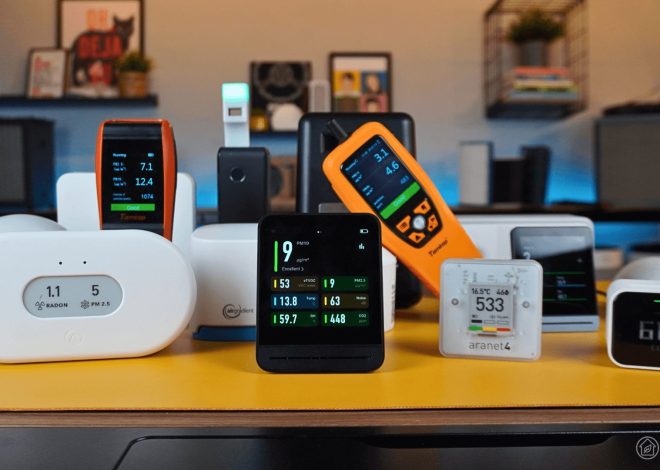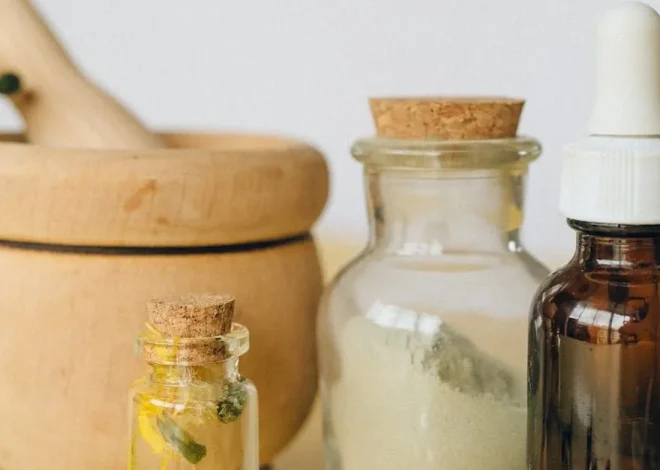How Humidifiers Influence Indoor Air Quality
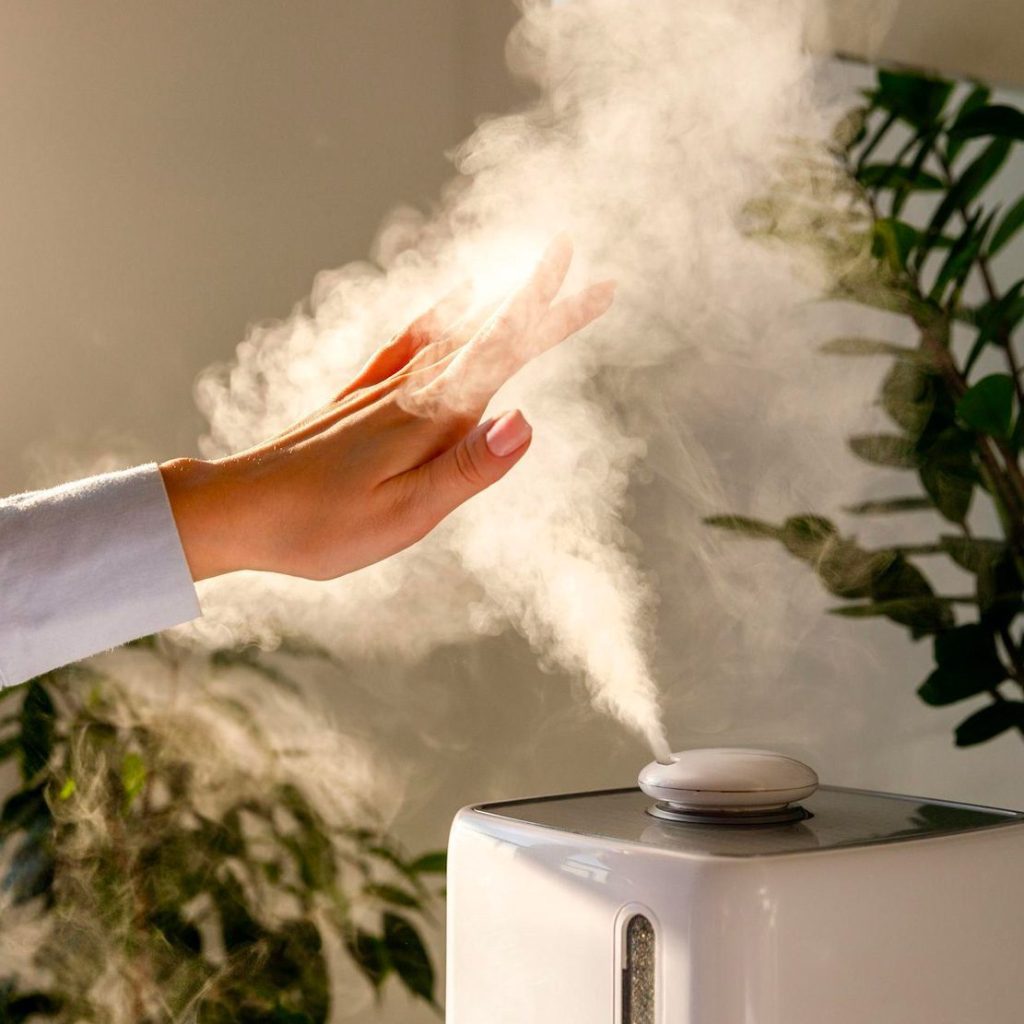
What is the relationship between indoor air quality and humidifiers, and how do these devices interact with air purifiers and filtration systems?
Many people are turning to home humidifiers to combat dry, uncomfortable air and the breathing problems it can cause. In 2019 alone, humidifier sales in the U.S. reached an impressive $643 million. Known for providing relief from respiratory discomfort and dry skin, these devices have rapidly gained popularity.
However, a tragic incident in South Korea highlights the dangers of improper humidifier use. It is estimated that over 14,000 individuals died after inhaling disinfectants used in some humidifiers, revealing significant risks associated with their misuse.
While humidifiers offer clear benefits, it’s important to understand the risks involved. What exactly is the connection between indoor air quality and humidifiers, and how do these devices work alongside air purifiers and filtration systems?
Benefits of Using Indoor Humidifiers
Dry indoor air is linked to various uncomfortable symptoms, such as aggravated allergies and chapped lips. Humidifiers add moisture to the air, helping to alleviate problems caused by dryness, including:
- Dry skin and sore throats
- Sinus congestion and headaches
- Nasal irritation
- Cracked lips
- Dry cough and irritated vocal cords
Additionally, humidifiers have been associated with a lower risk of catching the flu and may reduce snoring. They can also promote the health of certain houseplants and help preserve wallpaper and furniture by maintaining humidity levels. Sounds ideal, doesn’t it?
Nevertheless, despite their benefits, humidifiers can sometimes degrade indoor air quality.
Potential Air Quality Concerns with Humidifiers
Bacteria, viruses, and other biological contaminants thrive in moist environments, and humidifiers are no exception. If not cleaned regularly and properly, these devices can become a source of airborne pollutants harmful to you and your family.
The risk depends largely on the humidifier type. Consumer Reports found that many humidifiers marketed as “microbe-free” still harbored biological contaminants. Of all models tested, wick-based humidifiers were the only ones that did not release such pollutants during operation.
This means humidifiers might trigger allergy or asthma symptoms in some users, which makes combining them with an air purifier a wise choice.
The Role of Air Filtration Systems
Indoor air filtration systems, designed to remove airborne particles, play a crucial role in improving the air quality inside your home. Like humidifiers, these systems vary from basic to advanced models, influencing their effectiveness in maintaining clean air.
How to Monitor Indoor Air Quality
You can use commercially available devices to quickly assess your home’s air quality and check if your humidifier is worsening it. Indoor Air Quality (IAQ) monitors detect common pollutants like carbon monoxide, mold, and lead paint particles. However, these devices offer only a limited snapshot.
For a more comprehensive analysis, including detection of volatile organic compounds (VOCs) and other less obvious pollutants, professional testing is recommended.
If you find that your indoor air quality is poor, regardless of your humidifier’s impact, it’s vital to take steps to improve it. Poor air quality can negatively affect your health and reduce productivity at work or school.
Maintaining Clean Air While Using a Humidifier
The TADIRAN AIROW plug-and-play hydrogen peroxide air purifier is an excellent solution for keeping your indoor air free of harmful pollutants while benefiting from added humidity.
This technology converts moisture already in the air into hydrogen peroxide, which neutralizes airborne contaminants. Laboratory tests cleared by the FDA have demonstrated that TADIRAN AIROW can eliminate up to 99.999% of viruses, bacteria, and mold.
If you want to explore an effective purifier that complements your humidifier and safeguards your indoor air, contact us. We can help you find the right balance between humid and clean air to protect your health and comfort.
